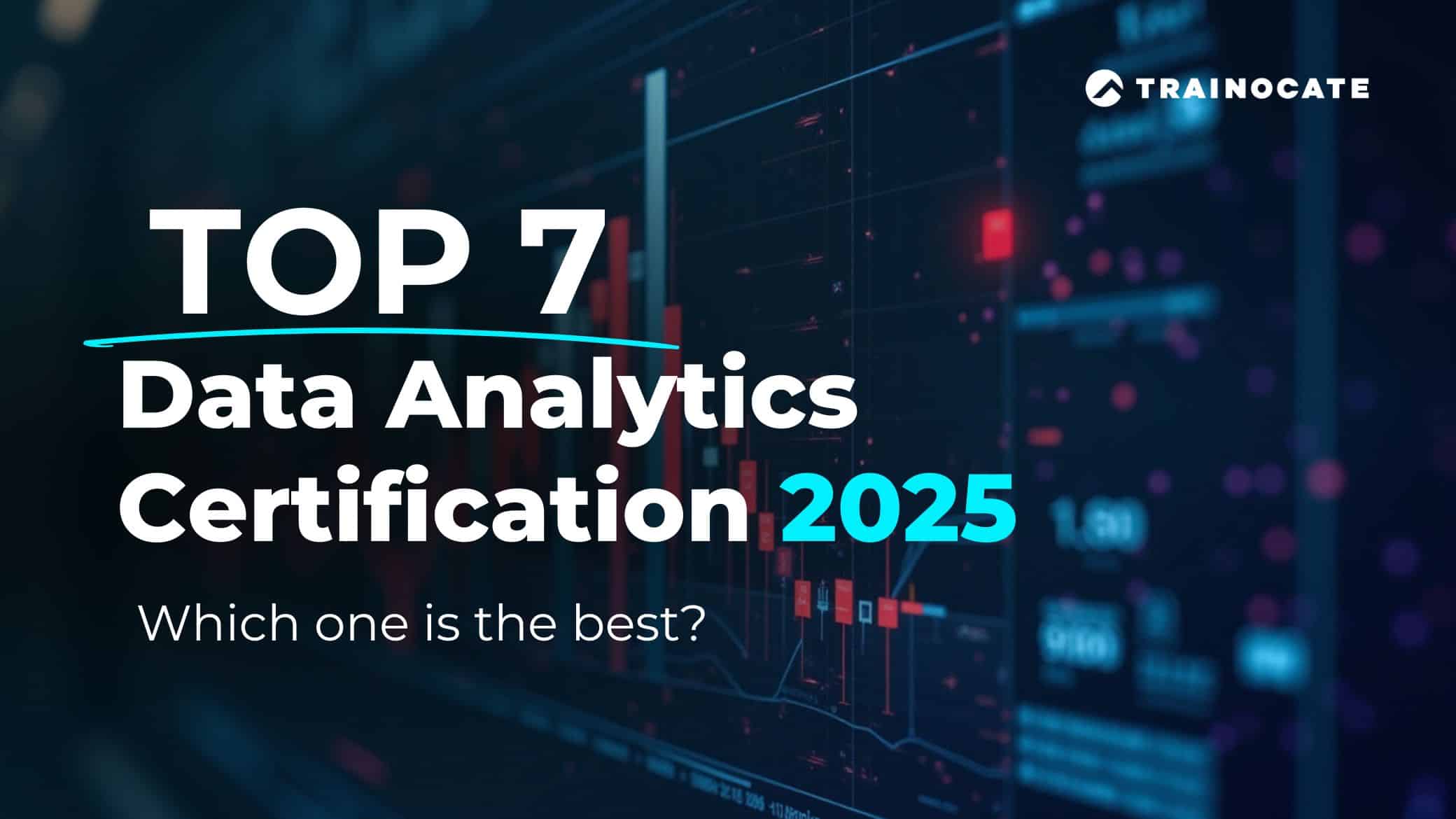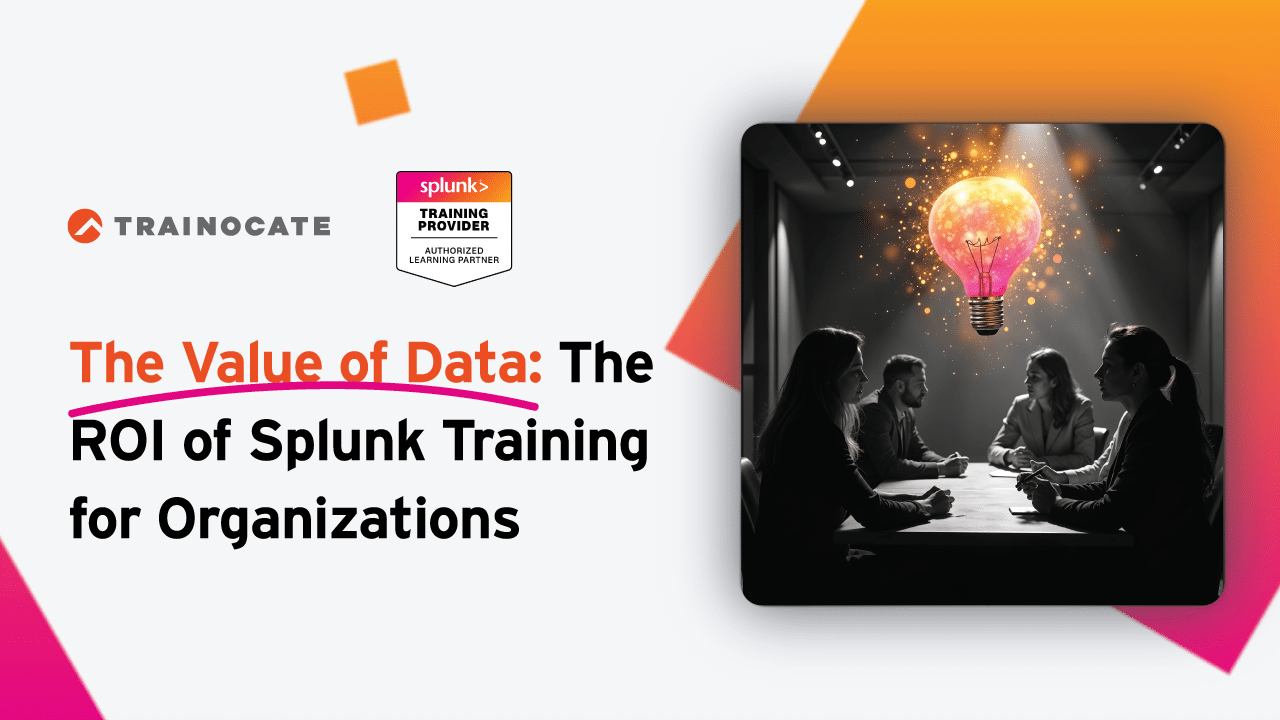How to Become a Data Analyst: Step by Step Guide
How to Become a Data Analyst: Step by Step Guide
Why Become a Data Analyst?
Data analysts play a vital role in modern businesses, aiding organizations in making informed decisions and gaining a competitive edge. In today’s data-driven landscape, there’s a surging demand for skilled professionals capable of collecting, analyzing, and transforming raw data into valuable insights.
The 2023 CompTIA State of the Tech Workforce report reveals an exciting trend: employment in tech occupations is set to grow at roughly double the rate of overall employment across the economy. Notably, careers like data scientist and data analyst are projected to experience remarkable growth, surpassing the national employment rate by 266%.
If you have a passion for numbers, a keen attention to detail, and a strong analytical mindset, a rewarding career as a data analyst could be the ideal path for you.
Essential Skills for Data Analysts
In 2022, there were over 2.5 million job postings in the United States that highlighted the demand for candidates with data analyst skills, including data mining and data visualization. In fact, holding a reputable data analyst certification opens up many job opportunities beyond the traditional data analyst role.
While the precise skills required may vary depending on the specific job, most employers seek a blend of both fundamental and technical abilities.
| Technical/Hard Skills | Professional/Soft Skills |
|---|---|
| Understanding of data processes and principles, and ability to apply basic statistical analysis methods | Communication skills (written and verbal) |
| Data analytics and visualization tools | Storytelling and presentation skills(using bar graphs, pie charts, tables, etc. |
| Ability to mine, manipulate, analyze, interpret and visualize datasets | Decision-making |
| Python, R and other programming languages | Problem-solving |
| Data optimization | Analytical mindset |
| Predictive modeling | Creative thinking |
| Database management | Attention to detail |
| Adherence to governance and quality standards throughout the entire data lifecycle | Organization and time management |
Other than the skills needed, there are also various analytics tools and technologies that are employed to streamline work processes, boost productivity, and improve collaboration more efficiently.
| Data Management | Data Analysis/Visualization |
|---|---|
| Structured Query Language (SQL) | SAS |
| NoSQL Database | Power BI |
| Amazon Web Services (AWS) | Microsoft Excel |
| Hadoop Ecosystem | Tableau |
| In-Memory Database | Apache Spark |
| GitHub | Pandas |
Education and Certifications for Aspiring Data Analysts
Seeking certifications is a valuable step to showcase your skills and enhance your prospects of securing a data analyst position. Industry-recognized certifications are a testament to your expertise.
Here are some of the most popular data analytics certifications:
- CompTIA Data+
- CompTIA DataSys+
- Google Data Analytics Professional Certificate
- IBM Data Science Professional Certificate
- Amazon AWS Certified Data Analytics
- SAS Certified Big Data Professional
- Microsoft Certified: Power BI Data Analyst Associate
- Certified Analytics Professional (CAP)
- Microsoft Certified: Azure Enterprise Data Analyst Associate
If you’re currently pursuing a degree, check if your curriculum includes preparation for these certifications.
Fun Fact: CompTIA Data+ has been known as one of the best entry-level data analytics certification, but does it suits you? Check out our blog on how to become a data analyst with CompTIA Data+ to find out the answer!
Steps to Begin Your Journey as a Data Analyst
Step 1: Define Your Career Goals
Start by clarifying your career objectives in data analytics. Identify the specific areas within data analytics that interest you the most. This focus will guide your efforts in gaining the relevant skills and knowledge required for your chosen specialization. Having a clear vision of your career path can make you a more appealing candidate in the job market.
Step 2: Learn the Basics and Get Qualified
Create a clear plan for your professional development. Research and select suitable educational programs, certifications, and training courses that align with your goals. Beginning with the fundamentals is crucial. Develop a strong foundation in data, understand its role in organizations, and become proficient in using essential tools.
While many data analysts hold a bachelor’s degree in fields like statistics, computer science, mathematics, or data science, if you already have a degree, consider earning certifications, attending workshops, or pursuing a master’s degree to enhance your qualifications.
Step 3: Gain Practical Experience
Practical, hands-on experience is invaluable for securing a data analyst role. It helps you apply your skills, build a portfolio, and boost your confidence. Real data projects expose you to challenges you won’t find in textbooks. Familiarity with industry tools demonstrates your adaptability. Moreover, it can increase your earning potential.
Building a portfolio of projects showcases your abilities to potential employers and sets you apart from other candidates.
Step 4: Network with Industry Professionals
Connect with data professionals to stay informed about industry trends and emerging technologies. Networking can be done through LinkedIn, attending events, or joining online communities. Building relationships can lead to job referrals, collaboration opportunities, and valuable mentorship throughout your career. Learning from others’ experiences helps you make informed decisions.
Step 5: Begin Applying for Data Analyst Roles
Now that you have the knowledge and experience, it’s time to apply. Refine your resume, practice interview questions, and start your job search. Look for opportunities on job boards, even if you don’t meet all the requirements. Your skills, portfolio, and enthusiasm often matter more than meeting every job posting requirement.
How CompTIA Data+ Can Accelerate Your Data Analyst Career
CompTIA Data+ stands out as the sole entry-level, vendor-neutral, and hands-on analytics certification available. It’s specifically tailored for professionals entrusted with the responsibility of cultivating and advocating data-driven decision-making. The certification’s curriculum covers topics that confirm learners possess the knowledge, skills, and capabilities necessary to embark on a data-focused career.
CompTIA Data+ demonstrates to employers that you possess the essential data skills required to advance organizational objectives, including:
- Translating business requirements into data-driven decisions
- Contributing value to the organization
- Enhancing profitability
- Improving business operations
- Stimulating innovation
Upon achieving this certification, you’ll have a proficient understanding of:
- Fundamental data concepts and environments
- Data mining
- Data analysis
- Data visualization
- Data governance, quality, and controls
So what are you waiting for? — Get started today!








